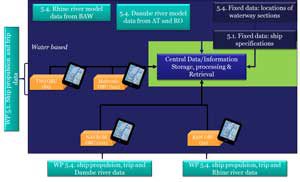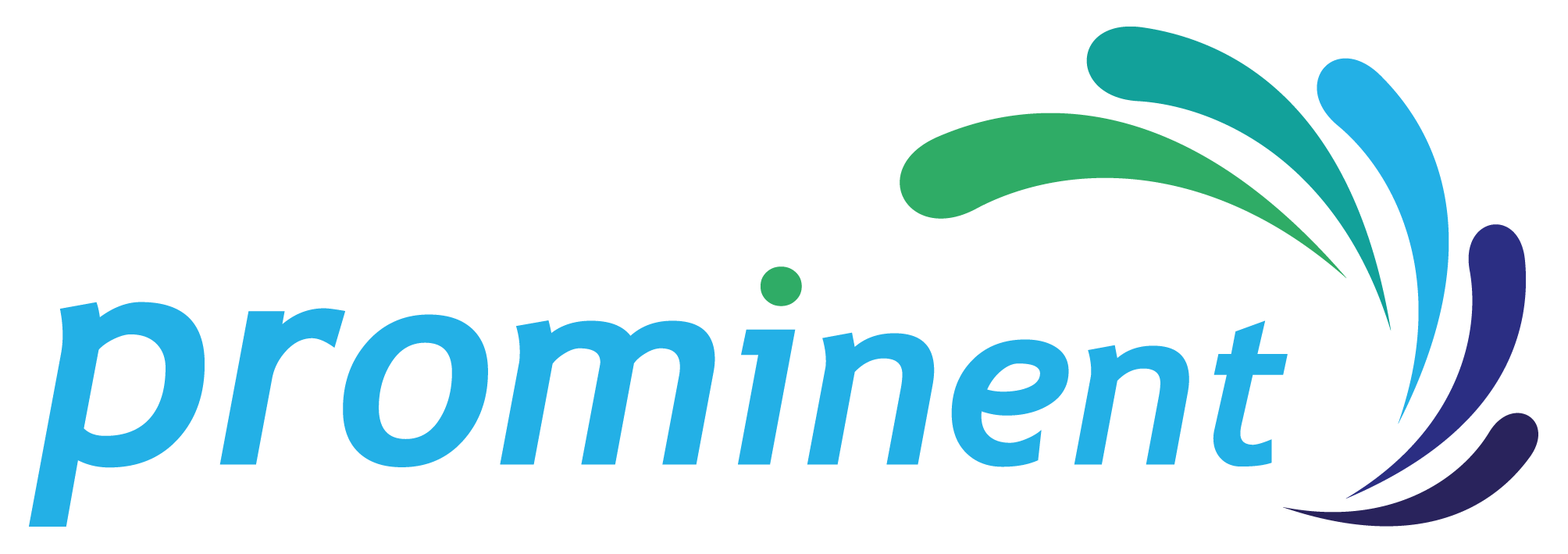Pilots will be designed and rolled out together with end-users to test, validate and demonstrate the key approaches and technologies for greening elaborated in WP 2-4, accompanied by a thorough assessment of operational and environmental performance, including cost-efficiency. In order to reach already a strong impact by the year 2020 the research and innovation efforts do focus on pilots that aim and contribute to standardised concepts and are suitable for a wide range of the existing European fleet – pilots targeting existing vessels, retrofitting and monitoring of existing vessels. The technical evaluation reports will allow to further develop the promising concepts identified in WP 2-4 and prepare the Roll-Out in WP 6.
The following objectives are set for WP5:
- To evaluate the real life performance of advanced emission control systems
- To evaluate procedures for improved certification (including retrofit) and on-board monitoring systems to secure compliance with strict exhaust gas emission limits (Stage 4/5)
- To deploy, test and validate new standardised LNG tank and fuelling system especially retro-fitting of existing vessels
- To deploy, test and validate standardised after-treatment systems on two vessels and their design parameters

- To collect statistical information on ship operational profiles and corresponding driveline power profiles
- To overlay fairway survey data with flow data generated by vessel measurements
- To develop an advising system and related tools to support boatmasters in energy efficient sailing and shipowners in assessing navigation performance
- To support waterway administrations with additional information on the fairway conditions
- To perform real-life test operations on Rhine and Danube and provision of technical conclusions
- To implement an advanced train-the-trainer concept to integrate IWT knowledge in general logistics education
Work package 5 consists of the five specific sub-work packages as of:
- On-board monitoring existing vessels
- Data collection & analysis
- Technical evaluation & conclusions on monitoring and
certification options
- Manufacturing of standard modules
- Installation of the equipment on board
- Installation of controls devices
- Verification of all interfaces
- Manufacturing of standard modules
- Installation of the equipment on board
- Installation of controls devices
- Verification of all interfaces
- Start-up and commissioning
- Monitoring and measurement
- Technical evaluation & conclusions on LNG pilot
- System manufacture
- System installation
- System commissioning and calibration
- Monitoring and measurement
- Correlation of the calculated back pressure, uniformity of gas
distribution and uniformity of urea distribution with actual
measurements - Post processing and evaluation of results
- Installation of advanced echo sounder and other vessel equipment
- Definition and application of rules and procedures for data
generation and data use - Development of tools for energy efficient navigation
- Test operations on the Rhine and the Danube
- Technical evaluation and conclusions
- Pilots with respect to e-learning modules:
- “Energy-efficient and cost-efficient navigation (smart
steaming)” - “Handling of (alternative) fuel and cargo, especially dangerous
goods” - “Vessel stability”
- “Energy-efficient and cost-efficient navigation (smart
- Pilot e-SRB and e-Logbook
- Pilot CoP Logistics education
- Evaluation and conclusions
Evaluation_of_pilot_of_digital_tools
